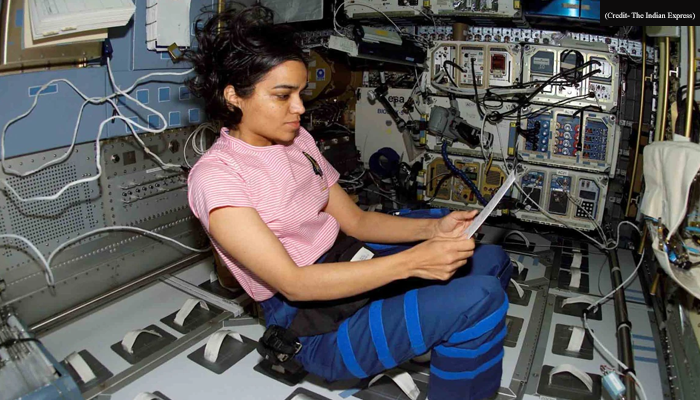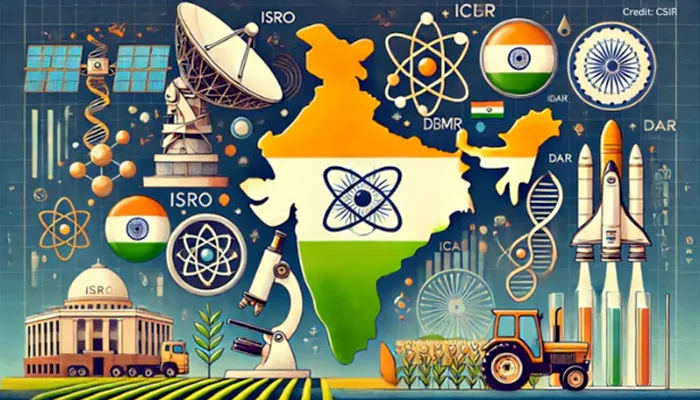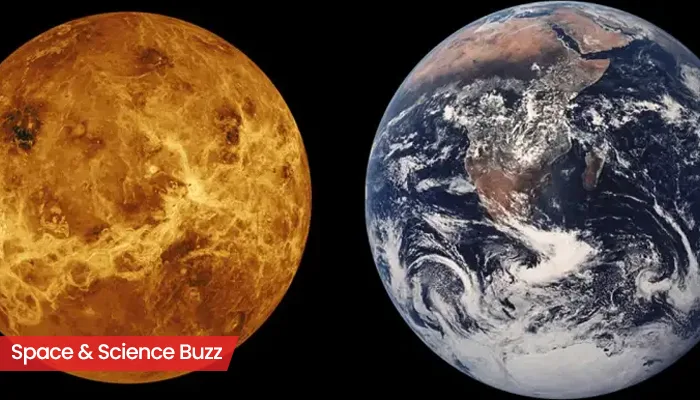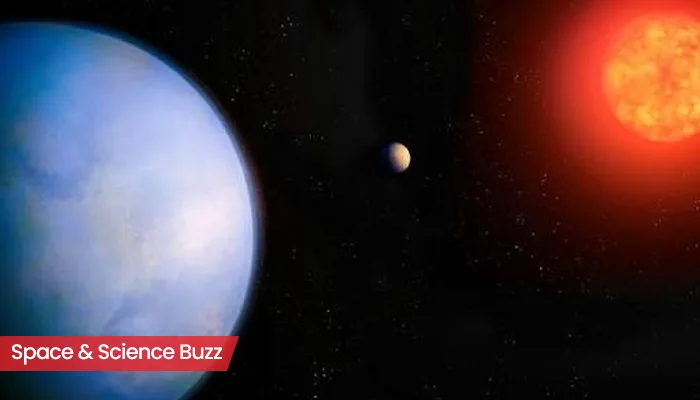.webp)
Here are today’s most important updates from the realm of Science and Space.
Interstellar Mystery Deepens: Harvard Professor Detects Strange Metal From 3I/ATLAS
Interstellar object 3I/ATLAS continues to intrigue space enthusiasts as it flies through our solar system. NASA has reiterated that the comet poses no threat and is simply passing through, but ever since it was discovered for the first time on July 1, many theories have emerged, with the most bizarre one calling it an "alien technology". In the latest update, a renowned Harvard astrophysicist weighed in on the object producing a metal alloy never before witnessed in nature, the New York Post reported. New images of the object, released on Wednesday, showed the object emitting a plume containing four grams of nickel per second with no evidence of iron. The images were taken by the Keck II telescope in Hawaii in August.
Why Men’s Brains Shrink Sooner Than Women’s Study Reveals the Science

Researchers have discovered that male brains tend to shrink faster than female brains as people age. A study analysing brain scans from 4,726 healthy individuals found "modest yet systematic sex differences" in brain tissue loss, with men experiencing more rapid decline in various brain regions. As people age, their brains naturally shrink, with Alzheimer's patients experiencing more severe volume loss. Interestingly, the research suggests that brain volume loss may occur at a slower rate in women compared to men, which is notable given that women are twice as likely to be diagnosed with Alzheimer's.
A Kidney for Everyone: Scientists Create Organ That Fits Any Blood Type

After more than a decade of research, scientists from Canada and China have made a major breakthrough in kidney transplantation. They successfully created a "universal" kidney that can be accepted by patients of any blood type. The kidney, originally from a blood type A donor, was converted to the universal blood type O using special enzymes developed by the University of British Columbia and Avivo Biomedical Inc. The converted kidney was transplanted into the body of a brain-dead patient with family consent. It functioned well for several days without severe rejection, offering hope to reduce transplant waiting lists and save lives.
New Study Reveals the Surprising Limit to Human Metabolism

A recent study has provided fresh insights into the limits of human metabolism. Researchers tracked ultramarathon runners over a year, revealing that while athletes can burn up to 11,000 calories per day during extreme endurance events, this level of energy expenditure is not sustainable over time. The study, titled Ultra-Endurance Athletes and the Metabolic Ceiling, confirms the existence of a physiological limit to human metabolism. It reveals that even the most elite athletes cannot sustain extremely high energy output over long periods without facing physical strain and performance decline. The findings highlight a metabolic ceiling - a point beyond which the body cannot maintain prolonged exertion without consequences, reinforcing the natural limits of human endurance.





.webp)
.WEBP)
.WEBP)
.webp)
.webp)


.webp)